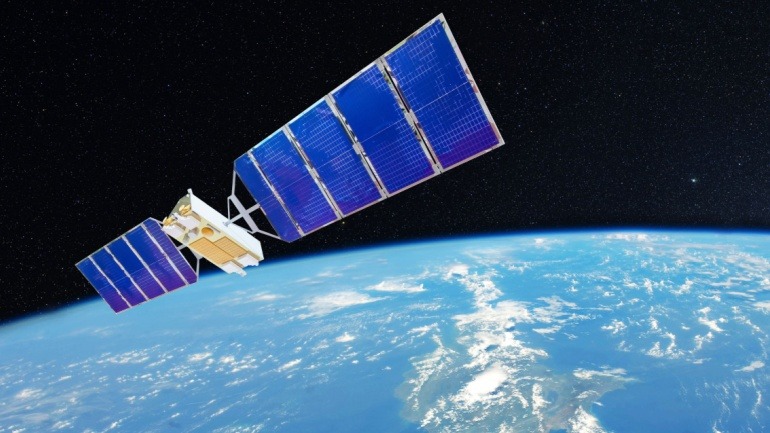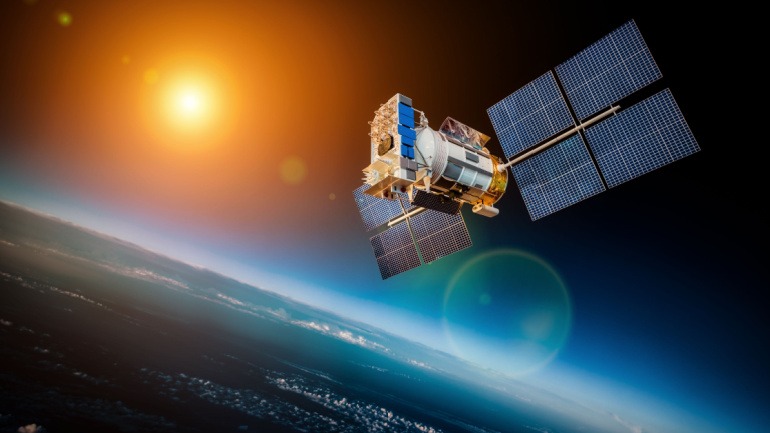Amazon has launched its first 27 satellites for Project Kuiper, marking its entry into the satellite internet race against SpaceX’s Starlink. Aiming to deliver fast internet to remote areas, Amazon plans to deploy over 3,200 satellites and begin service by late 2025 while addressing concerns like light pollution and regulatory challenges.
FCC Chairman Brendan Carr has warned EU nations about growing reliance on Starlink, highlighting risks of over-dependence on a single satellite provider. European officials share concerns, especially as geopolitical tensions rise. While local alternatives like OneWeb emerge, the EU faces tough challenges in securing technological autonomy.
Anatel has approved Starlink to launch 7,500 more satellites in Brazil, expanding its network. While boosting internet coverage, the decision raised regulatory concerns. Amid tensions with Brazilian authorities and global contract setbacks, Starlink also faces rising costs from U.S. import tariffs.
Amazon is set to disrupt the UK’s satellite broadband market with Project Kuiper, aiming to rival Starlink’s dominance. By deploying over 3,200 satellites targeting underserved areas, Amazon seeks to revolutionize connectivity.
MetTel’s new role as a Starlink Authorized Reseller enhances connectivity with low-Earth orbit satellites. This partnership expands voice over IP accessibility, ensuring high-speed, low-latency communications.
The GSMA and MSSA partnership is set to revolutionize global communication through VoIP and satellite integration. By synchronizing terrestrial and satellite networks, they aim for enhanced connectivity, efficiency, and scalability. This collaboration promises to redefine VoIP solutions, overcoming challenges and paving the way for advanced, seamless global communications.
AST SpaceMobile is gearing up for a significant milestone with the upcoming launch of its first commercial satellites. Set for early August, the five new Bluebird satellites will enhance the company’s ability to offer non-continuous commercial VoIP services. Once deployed in low Earth orbit, these satellites will revolutionize remote mobile coverage via direct-to-device communications.
Intelsat has recently made headlines with several announcements at the Mobile World Congress (MWC), highlighting the evolving role of satellite connectivity in today’s digital world. Among these announcements was the notable expansion of its partnership with Openserve, a South African telecommunications infrastructure provider, to include cutting-edge hardware and enhanced satellite services. This move underscores a broader shift in the satellite connectivity landscape, from a focus on remote areas to a versatile tool for modern telecommunications challenges.
Singtel ramps up its maritime digital services by integrating the innovative satellite technology from Starlink. This breakthrough aims to inspire ship operators into adopting digital solutions such as AI, 5G, edge computing, and cloud-based technologies for improved operational efficiency and safety measures. Starlink, a first-of-its-kind low Earth orbit broadband service included in Singtel’s comprehensive iSHIP offerings, offers enhanced connectivity and reduced latency.
In a groundbreaking collaboration, T-Mobile US and SpaceX are gearing up for the field testing of Starlink satellites, heralding a significant stride in eliminating mobile coverage dead zones. While the exact date for the commencement of field testing remains undisclosed, T-Mobile is optimistic about its imminent initiation, stating that the low-Earth orbit deployment of satellites sets the stage for the forthcoming trials.













